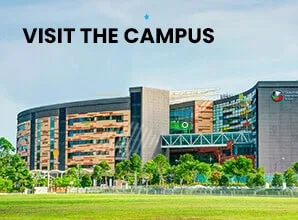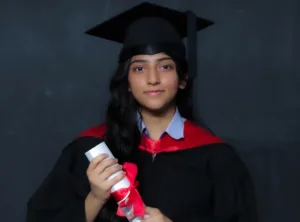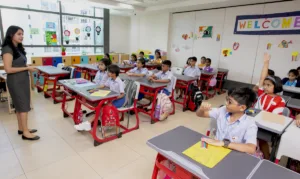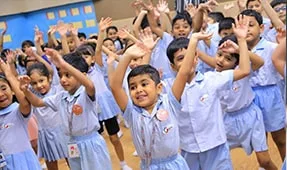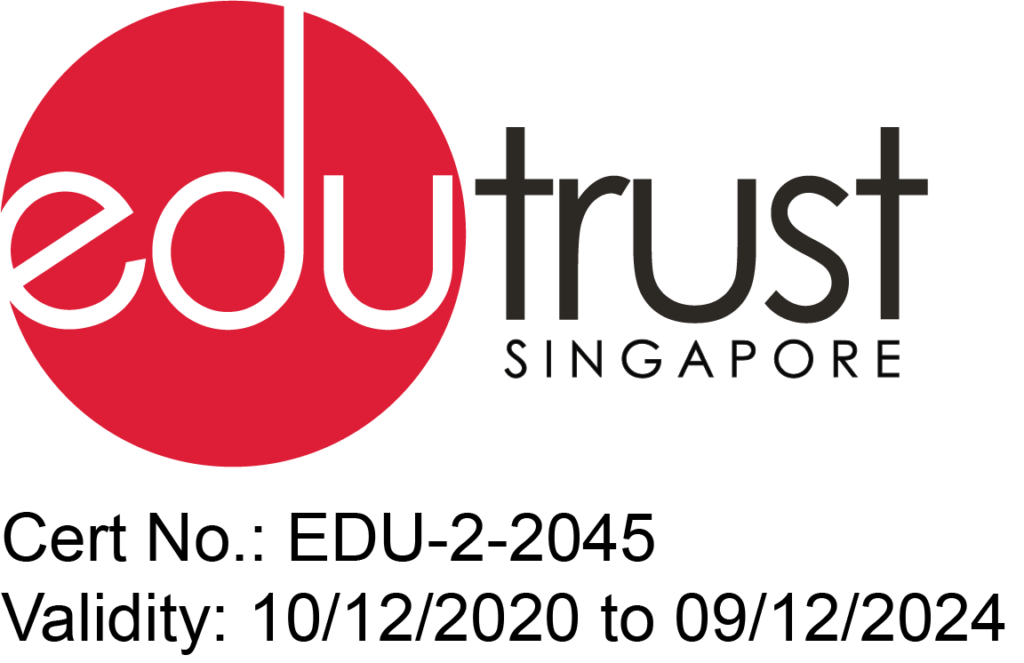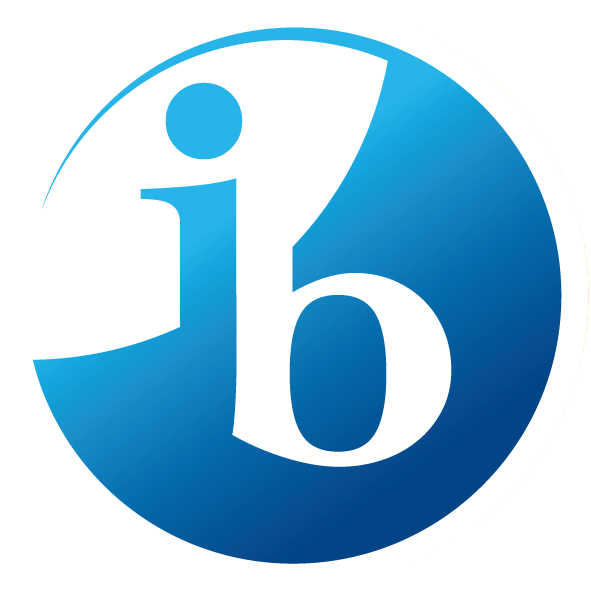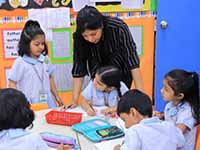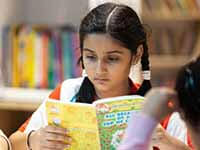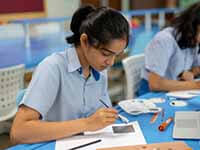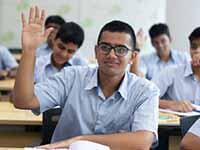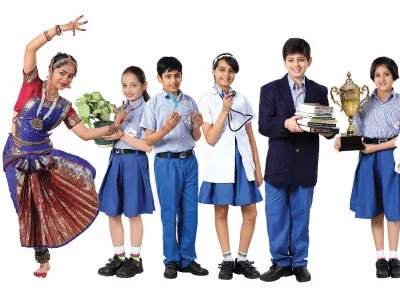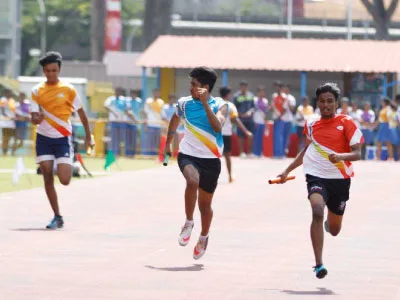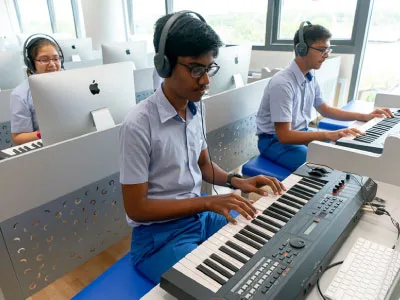The Central Board of Central Education (CBSE) has updated a revised curriculum for classes 10th and 12th. International schools in Singapore are taking this in stride. It is also said that the syllabus has been revised for CBSE schools in Singapore for classes 9 and onwards.
Highlights of the changes in the CBSE syllabus in CBSE International Schools of Singapore:
● The syllabus has been changed for those appearing for boards from next year onwards i.e 2022.
● The syllabus has been divided from grade 9 to grade 12 into two terms. 50% of the curriculum will be finished in the first term followed by the rest 50%.
● Instead of one Board exam at the end of the year, the academic session has been bifurcated into two terms, with the Board conducting exams at the end of each.
● CBSE International schools in Singapore are also seeing easing and reduction in syllabus given the dire conditions of COVID-19 and the new emerging variant to rationalise it and make it easier for the students.
● CBSE Class 12 Term 1 Exams will be conducted in November-December 2021.
● Term 1 Exams will also be based on Multiple Choice Question (MCQ) style and will be conducted for 90 minutes i.e 1 hour 30minutes.
● 50% syllabus will be covered in the Class 12 Term 1 Exams and 50% of the syllabus will be covered in class 10 Term 1.
● Students will have more relaxed plans to cope and learn rather than rushed chapters and quick calls and tuitions. This means the quality of education in CBSE International schools of Singapore will get better despite the pandemic.
● Students will learn through various modes of learning including new technologies and be prepared for dynamic and unprecedented times, preparing them for the future which is competitive and relentless. This helps in promoting healthy leadership qualities.
What has been Deleted for CBSE Students in Singapore International Schools for English?
Deleted Topics from Syllabus 2021-22 has been a myriad of topics including:
English Literature has seen an omission of:
FLAMINGO
1. Poets and Pancakes
2. The Interview
3. Going Places
4. A Roadside Stand
VISTAS
1. The Tiger King
2. Journey to the end of the Earth
3. Memories of Childhood
Major STEM (Science, Technology, Engineering, Mathematics) subjects like Biology, Accountancy, Business Studies, Economics etc have not seen a major deduction in the course material. However, some topics have been omitted. This does not mean that the teachers will not bring it up if required to educate the students of International CBSE schools in Singapore.
However, there has been a major cut down on subjects like physical education and fine arts due to lack of physical presence. It is advisable for students to look at chapters and course material.
What are the If’s and the But’s then in the CBSE Syllabus of Singapore Schools?
Given the Covid situation and uproar of a new kind of virus Omicron, CBSE has given four different scenarios in which marks will be given and exams are held.
This means that while there is an understanding that the total sum or aggregate of two terms of exams practical and theory from 10th to 12th will determine the final scores of students, the CBSE board has kept in mind that International students of Singapore can face a myriad of issues. Given that, there are four scenarios:
1. If both the term-end exams can be held at the centres, theory marks will be distributed evenly between both exams.
2. If schools have to be closed at the time of Term I exams and students have to write the exams online or offline from their homes, but Term II exams can be held at the centres, “the weightage of [Term I] exam for the final score would be reduced, and weightage of Term II exams will be increased for declaration of the final result.
3. If it is the other way around Term – I exams are held in school, but Term II exams can’t be held at the centre and students take it online or offline “results would be based on the performance of students on Term I MCQ-based examination and internal assessments. The weightage of marks of Term I examination will be increased to provide year-end results”.
4. If neither of the exams can be held at schools or centres, the results will be computed on the basis of internal assessments and practicals, and theory marks of Term I and II exams taken by the students from home “subject to the moderation or other measures to ensure validity and reliability of the assessment”.
Also Read: Why GIIS Leads in Learner-centred CBSE Curriculum?
What are the Advantages of Having a Revised Curriculum in the CBSE Curriculum in Singapore Schools?
● Less pressure on students leads to extra marks.
● Logical and practical questions in the MCQ ensure application-based learning so students can understand concepts.
● Most competitive exams like JEE, CLAT, CA/CS, and other entrance exams in various fields involve MCQs. This will prove to be fruitful for students who have to prepare for these further exams giving them an easier understanding and access to the process.
● Since there will be two papers in 10th and 12th, these CBSE students in International Singapore schools will allow the entire curriculum to be covered instead of bits and pieces, hence more learning.
● The irrelevant parts have been deducted for example in papers like physical education, where students could not attend physical classes. This makes it easier for students to learn only important sections properly.
● This prepares the students and schools for both offline and online exams giving a taste of both the world and a well-equipped sense of technology and the physical world.
What are the Disadvantages of Having a Revised Curriculum in the CBSE Curriculum in Singapore Schools?
● Since it will be two papers, it also means the pressure on students will be increased.
● MCQs can get tricky and confusing for students to find the right answer.
● This leads to a lack of descriptive understanding and difference of opinion.
● CBSE Schools in Singapore will also face the issue of teaching and adjusting students to a new pattern of understanding and learning when there is already so much pressure due to changes from offline to online to hybrid and so on and so forth.
● OMR sheets are to be evaluated the same day as the exam manually. This is followed by being sent to the board by the evening. Given the large population and stress issues in the system, there are chances of OMR sheets being evaluated wrongly.
Conclusion
In the end, the change in the CBSE curriculum is a welcome change with some cons that every system possesses. It also means that your child will now be equipped with a better understanding of the concepts and grasp them easily.
While there lies a sense of new challenges and errors, International CBSE schools have never tethered from a good challenge and made it out of the worst situations.
It is a good idea that schools have been given various situations and scenarios that can play out in favour of students given different circumstances. This makes it an excellent, yet not flawless system. It shows that CBSE schools are thinking ahead for their students, especially those studying internationally in Singapore so that their education is not hampered.
